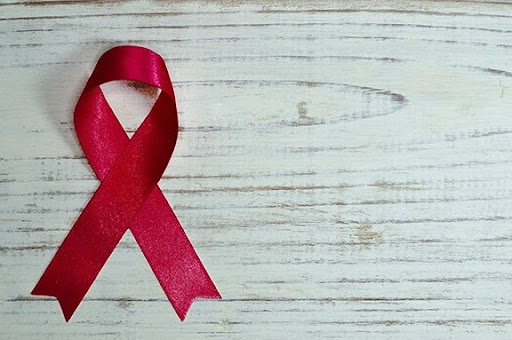Unlocking optimal oral health isn’t just about a bright smile it’s about investing in your overall well-being. At Cosgrove Dental Care in Vestavia, we’re here to guide you on the path to a healthier, happier mouth. Let’s delve into the essential components of an effective oral health routine.
Professional Care: The Foundation of Oral Health
Regular visits to your Dentist in Vestavia are key to maintaining optimal oral health. If it’s been more than six months since your last dental check-up, it’s time to schedule an appointment with our experienced team. During your visit, we’ll conduct a thorough examination and professional cleaning to remove plaque and tartar buildup, safeguarding your teeth and gums against decay and disease.
Determining the Frequency of Visits
Your individual oral health needs will dictate the frequency of your dental visits. For those with mild to severe periodontal issues, we may recommend quarterly appointments to manage the condition effectively. Others may find that biannual visits are sufficient to maintain a healthy smile. Whatever your unique situation, adhering to a regular schedule of dental visits is crucial for long-term oral health.
At-Home Care: A Vital Component
While professional care forms the cornerstone of oral health, it’s complemented by diligent at-home care. According to the American Dental Association, brushing your teeth twice a day for two minutes each time is essential for plaque removal and cavity prevention. Incorporating interdental cleaning, whether through traditional flossing or modern alternatives like Waterpiks, is equally important for reaching areas between teeth where brushing alone may not suffice.
Understanding the Risks
Neglecting oral hygiene can lead to dental decay, exacerbated by factors like acidic environments, underlying health conditions, and poor dietary habits. The consequences of untreated dental issues extend beyond your mouth, as oral bacteria can travel through the bloodstream, affecting vital organs and overall health. By prioritizing your oral health, you’re safeguarding your body against potential systemic risks.
Your Smile, Our Priority
At Cosgrove Dental Care, we understand that every journey to optimal oral health is unique. Whether it’s been months or years since your last dental visit, our compassionate team is here to support you without judgment. Our mission is to empower you to achieve a smile that radiates confidence and vitality.
Take the first step toward a healthier smile schedule your appointment with Cosgrove Dental Care today. Your journey to optimal oral health begins here.

















